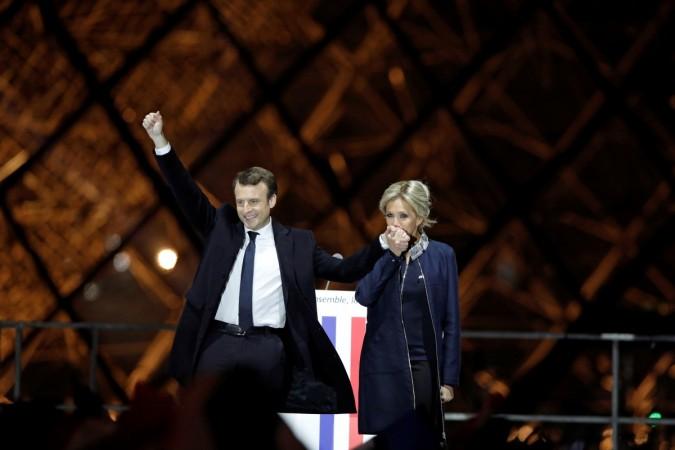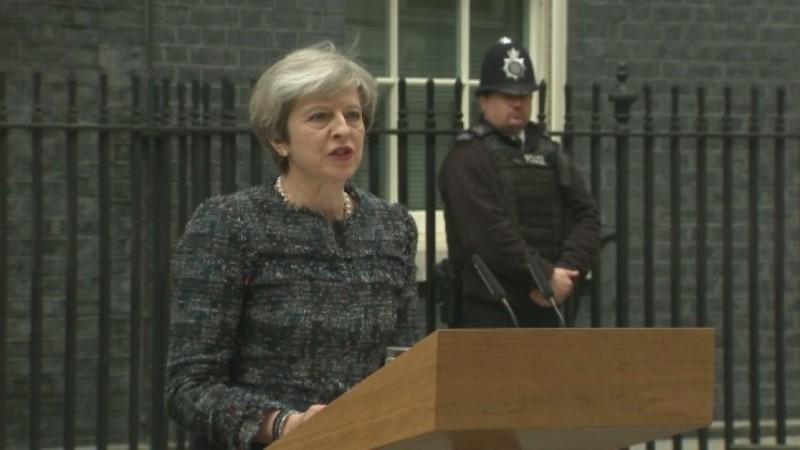
The victory of Emmanuel Macron as the next president of France has acted as a speed-breaker on Europe's increasingly radicalisation. The 39-year-old leader's one-sided win over the far-right candidate – Marine Le Pen will bring some relief to the liberal camps of Europe, which is already witnessing radical trends emerging at various corners, reflecting what is happening across the Atlantic – in the US.
The French election results will also bury the idea of 'Frexit' for Macron is a man with a business-friendly vision of Europe's integration. So, we will have two of the prominent countries of Europe – the UK and France – working on two different directions from here on.
Now, this also brings to us an interesting perspective. If we look back at Europe's history, the stories of Great Britain have been completely different from those in continental Europe. If the British have believed in evolution, revolution has been the byword for the French.
Britain never saw revolutions like in continental Europe for centuries
While no violent revolution occurred on the soils of Britain since the civil wars of 1642-51, almost every other country in Europe experienced forceful toppling of governments at least once in the 19th, 19th and 20th centuries – be it in France or Russia.
Historians cite several reasons for this basic difference in historical progress in Britain and say France and some feel the British could master the world in a better way compared to other imperial powers from Europe because they did not pursue a revolutionary zeal at home and used the energy to rule the waves around the globe.

Today, things seem to have changed
But in the middle of the second decade of the 21st century, that difference seems to have undergone a change. Today, we are seeing the Britain, and not France, seeking a revolutionary movement out of the EU [read Brexit] while France, despite a series of attacks on its body and soul by terrorists over the last several months, has yet given the liberal mind a chance in the latest elections.
While everybody, including US President Donald Trump, had thought the French were certainly going to make Europe a more unstable place by opting for a nationalist regime and hence pull out of the cooperation, the voters of the continent's third-largest country chose otherwise.
Analysts find the reason for this as Le Pen's party's internal tussles and the voters' fear which has been given rise to by the right-wing populism in the US and UK of late. The unhappy memory of the four-year rule by the right-wing during World War II was also a reason for France's not choosing the radical way, it is believed.
But the developments in France, which had witnessed a world-changing revolution starting on July 14, 1789, have been drastically different from that in Britain, which voted to go out of the EU in June last year.
The British rebelled while the French kept faith on conviction
"The British had rebelled" as reports said, making quite an uncommon expression. The British had "rebelled" because they were fed up with the EU's elitist character and the continuing class frictions below the visible economic and social progress caused a crack. The issues of terrorism and immigration also played their part and all the factors were summarised by the populist government's gamble of the day: call for a referendum which eventually saw the exit of the 'brave' prime minister in David Cameron.

His successor and current prime minister, Theresa May, has continued hard with the pursuit of Brexit and has even called a snap poll on June 8 which makes the future no less uncertain. May has put her government's future at stake by calling the election [her popularity is high at the moment while the Opposition is in doldrums] and she is hoping to get the Brexit move reaffirmed by the country's people.
But what if she loses? An adverse result could throw Britain's politics, economy and society out of gear in no time. The British politics has seen more turmoil in the recent past over a revolutionary move like Brexit although the country has witnessed less bloodshed than France, which has still kept faith on centrist ideologies.
Quite historical, isn't it?

















